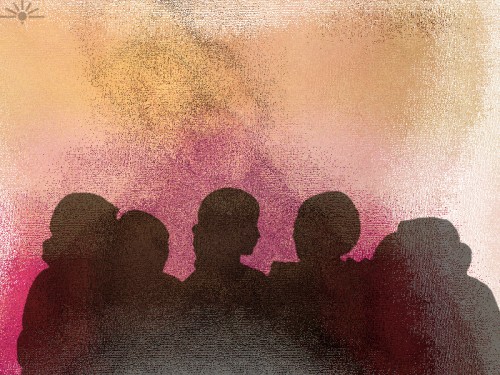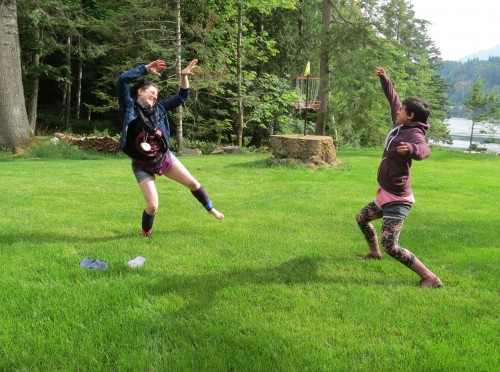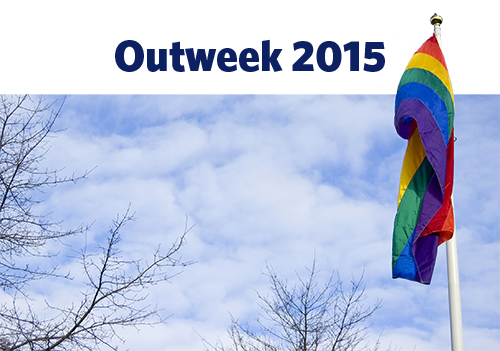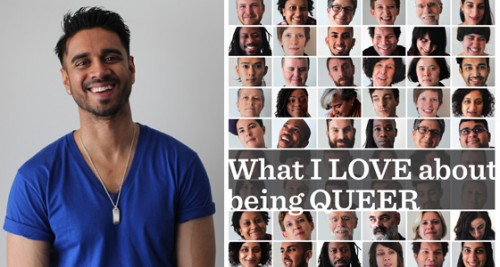Post by Hannah Barath, Co-op Student Assistant at Access & Diversity
It seems like there are certain acts of violence that someone is always willing to talk about. Murder for example – there is an abundance of books, songs, films and television shows about just this. Other types of violence are deemed as private issues that are best dealt with behind closed doors. This means that even having experienced a particular act of violence can lead to shame and stigma. Sexual violence and intimate partner violence are two examples that fall into this category. However, there are many activists who are doing amazing work in raising awareness about and destigmatizing these issues. This blog post will primarily focus on intimate partner violence, what it is and how it affects different communities.
A few months ago I read an amazing book called The Revolution Starts at Home: Confronting Intimate Violence within Activist Communities. As the title suggests, this is a collection of essays and reflections on intimate violence in feminist, anti-racist, LGBTQ2I, and activist communities. It was an incredibly powerful read and I learned so much about intimate partner violence, allyship, and accountability. The anthology is edited by Chin-In Chen, Jai Dulani and Leah Lakshmi Piepzna-Samarasinha. I was also fortunate enough to attend a talk with Leah during UBC Sexual Assault Awareness Month in January 2015. In this talk, titled Strong Communities Make Police Obsolete Leah talked about the activism that she has been involved with, the importance of self-care, and justice methods that offer an alternative to the police.




